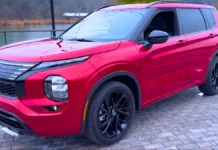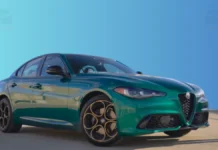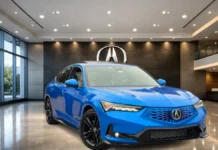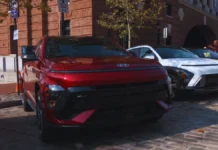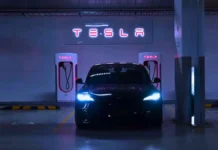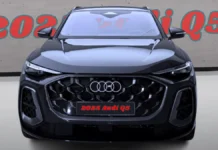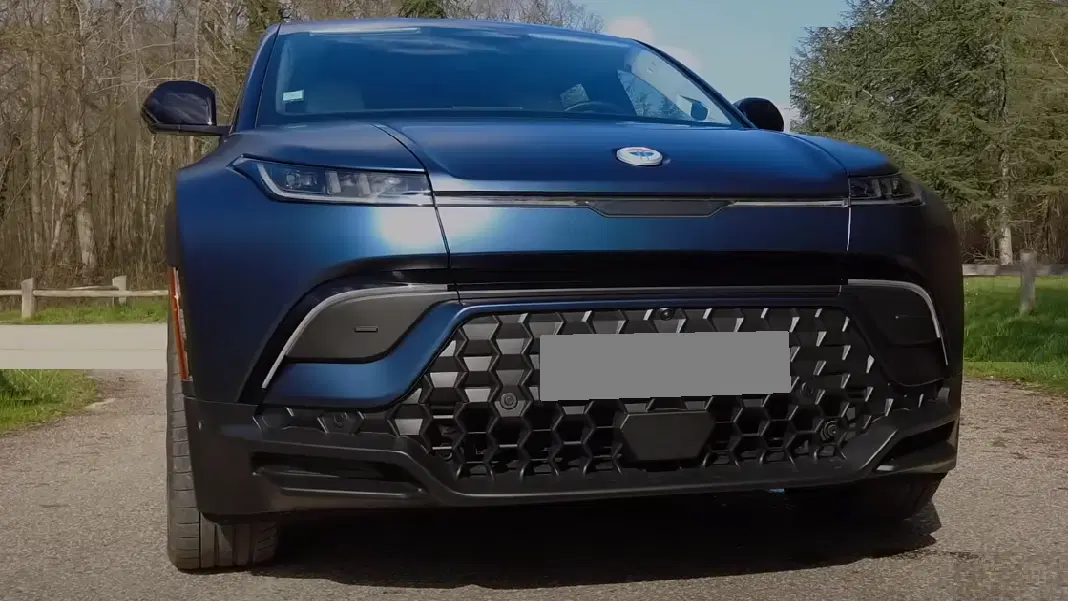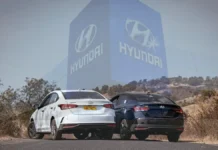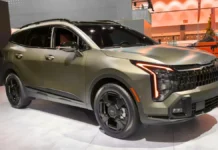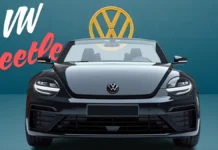Introduction:
EV Maker Fisker, has filed for Chapter 11 bankruptcy protection, shocking the automotive industry. This development comes just months after the company halted production of its first and only model, the Ocean SUV, due to technical glitches and quality control issues. In this article, we delve into the factors that led to Fisker’s bankruptcy, the impact on investors and customers, and what the future may hold for the beleaguered EV maker.

The Rise and Fall of Fisker:
Fisker, founded in 2016, entered the highly competitive EV market with ambitious plans and a unique design philosophy. The company’s inaugural vehicle, the Fisker Karma, debuted to much fanfare in 2008. This luxury plug-in hybrid sedan turned heads with its sleek styling and innovative features. However, production challenges and technical issues plagued the Karma, leading to recalls and ultimately discontinuation in 2012.
Undeterred, Fisker set its sights on a comeback with the introduction of the Ocean SUV. Positioned as a more affordable and technologically advanced electric vehicle, the Ocean generated significant pre-order interest, with reservations surpassing 3,000 units even before production commenced.
However, the Ocean SUV turned out to be Fisker’s Achilles’ heel. Production delays pushed back the initial launch date, and when the vehicle finally reached customers, it was riddled with quality issues and software glitches. From malfunctioning touchscreens and faulty sensors to unexpected shutdowns, the Ocean fell far short of expectations.
The Road to Bankruptcy:
As customer complaints mounted and negative reviews spread across social media and online forums, Fisker’s reputation took a severe hit. The company scrambled to address the issues, releasing software updates and offering extended warranties. However, the damage was already done.
Fisker’s financial situation deteriorated as customers began canceling their reservations and demanding refunds. The company’s stock price plummeted, and investors lost confidence in Fisker’s ability to recover. In a last-ditch effort to stay afloat, Fisker explored potential partnerships and even considered a reverse merger with a special purpose acquisition company (SPAC). Unfortunately, these efforts failed to materialize, leaving bankruptcy as the only viable option.
Impact and Future Prospects:
The bankruptcy filing has naturally raised concerns among investors and customers alike. Fisker investors are facing significant losses, and the company’s stock has been delisted from the New York Stock Exchange. As for customers who placed reservations for the Ocean SUV, they are left wondering if they will ever receive their vehicles or get their money back.
Despite the grim situation, there may be a glimmer of hope for Fisker. The company has indicated that it intends to use the bankruptcy process to restructure its operations and emerge as a stronger, more sustainable business. Fisker could potentially attract new investors or be acquired by a larger automotive player interested in its technology and design capabilities.
Lessons Learned:
The Fisker story serves as a cautionary tale for EV startups and established automakers alike. While innovative technology and design are crucial, they must be coupled with robust quality control measures and reliable production processes. Customer trust is hard to earn and even harder to regain once lost.
Additionally, the case underscores the importance of adequate funding and financial planning. Fisker’s rapid ascent and subsequent fall highlight the challenges faced by EV startups in a capital-intensive industry. Balancing investment in research and development with efficient manufacturing processes is essential for long-term survival.
Conclusion:
Fisker’s bankruptcy filing is a unfortunate development in the EV industry. It underscores the challenges faced by startups in bringing new vehicles to market and maintaining quality standards. While the future of Fisker remains uncertain, the company’s innovative spirit and design prowess could potentially attract new investors or suitors. As the EV market continues to evolve, the lessons learned from Fisker’s experience will undoubtedly shape the strategies of other players in this dynamic industry.

